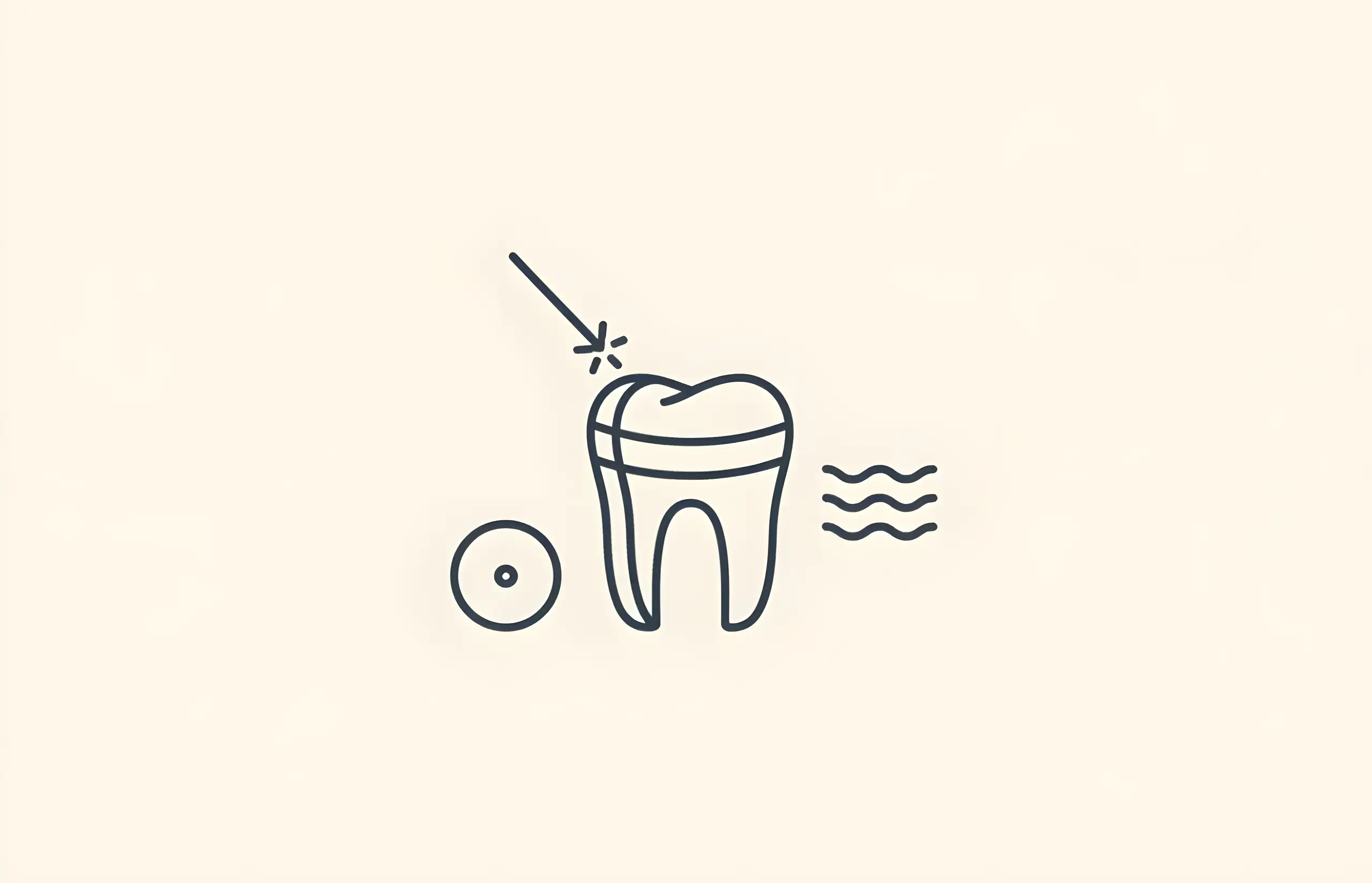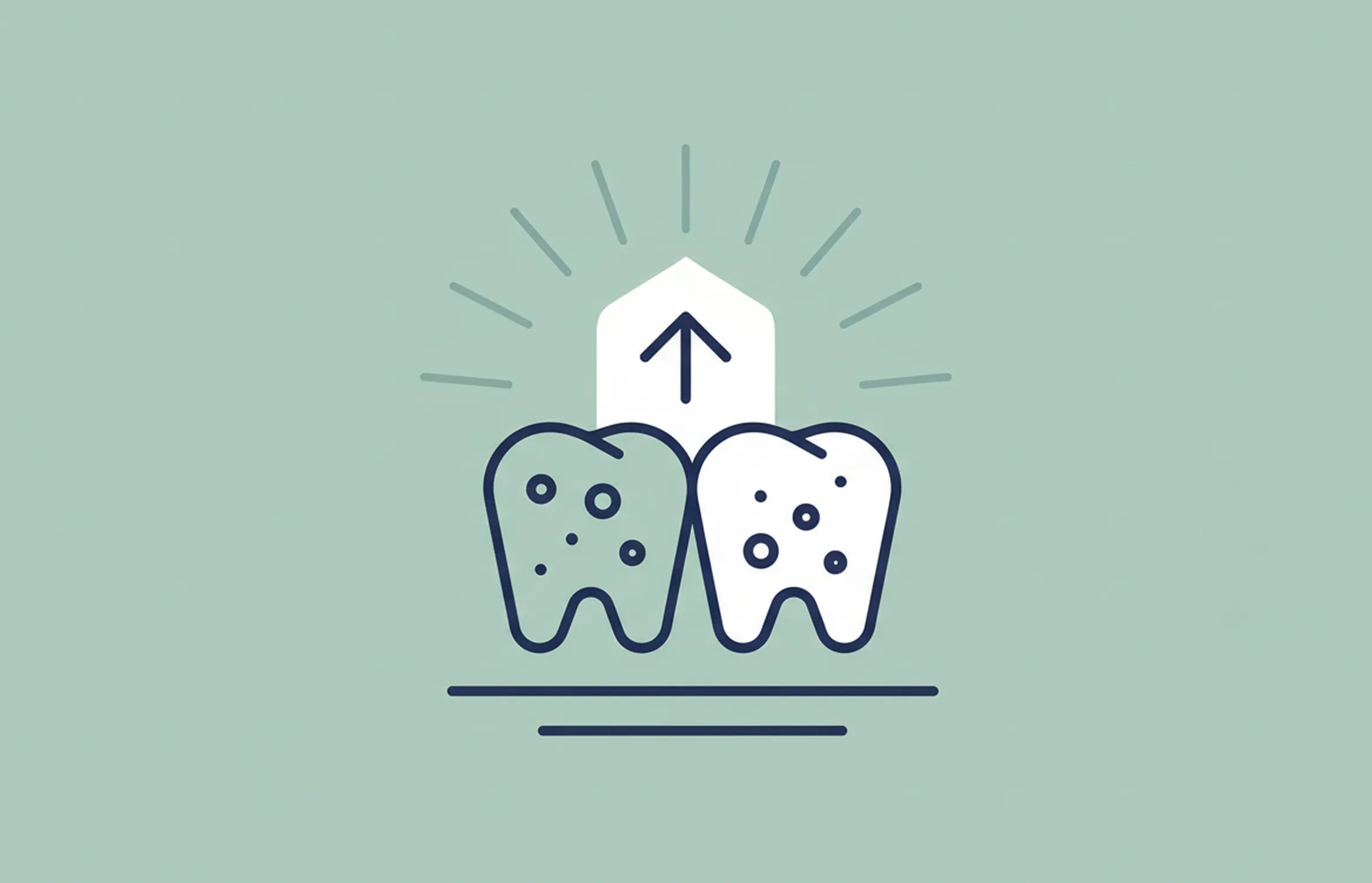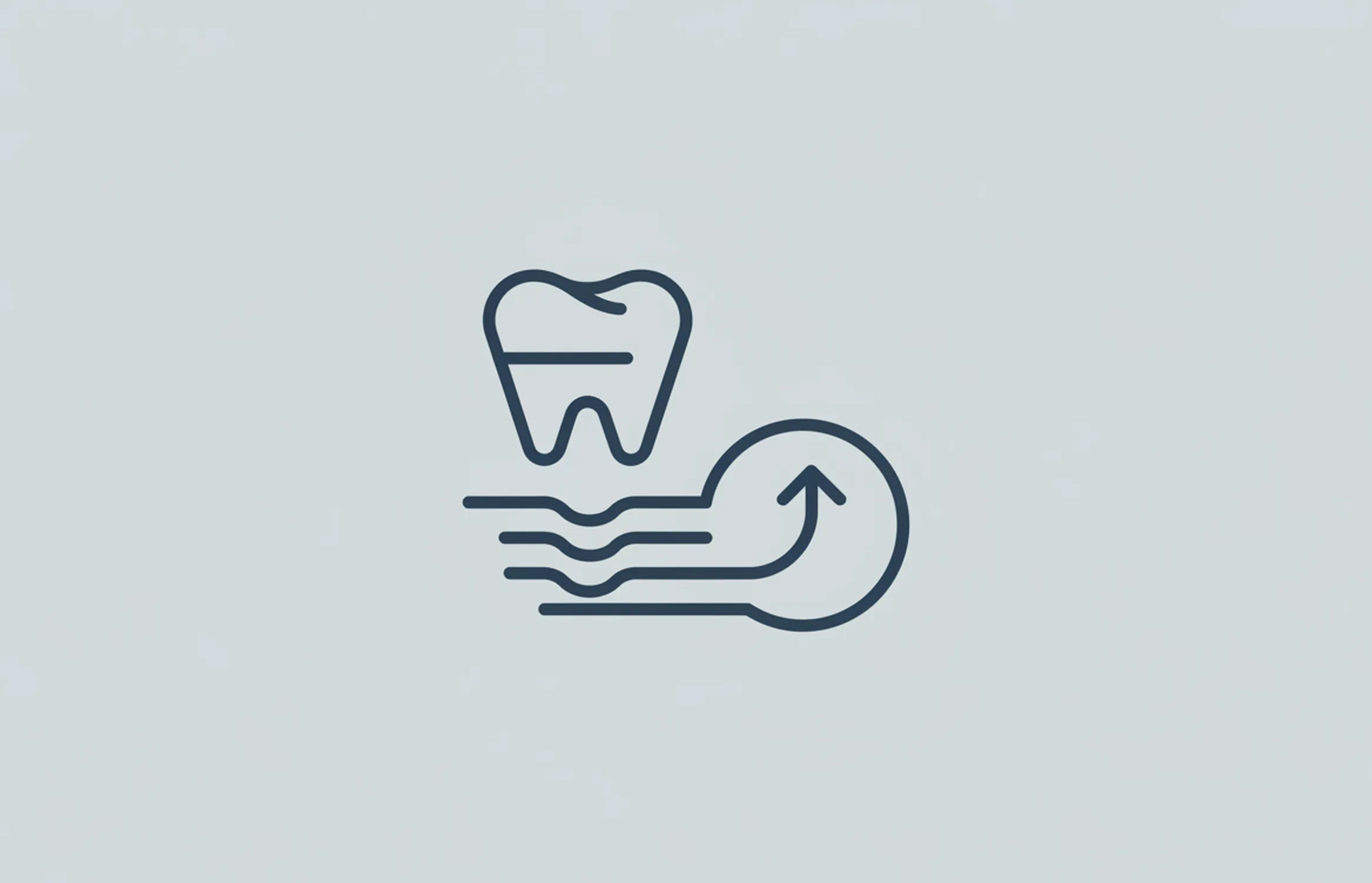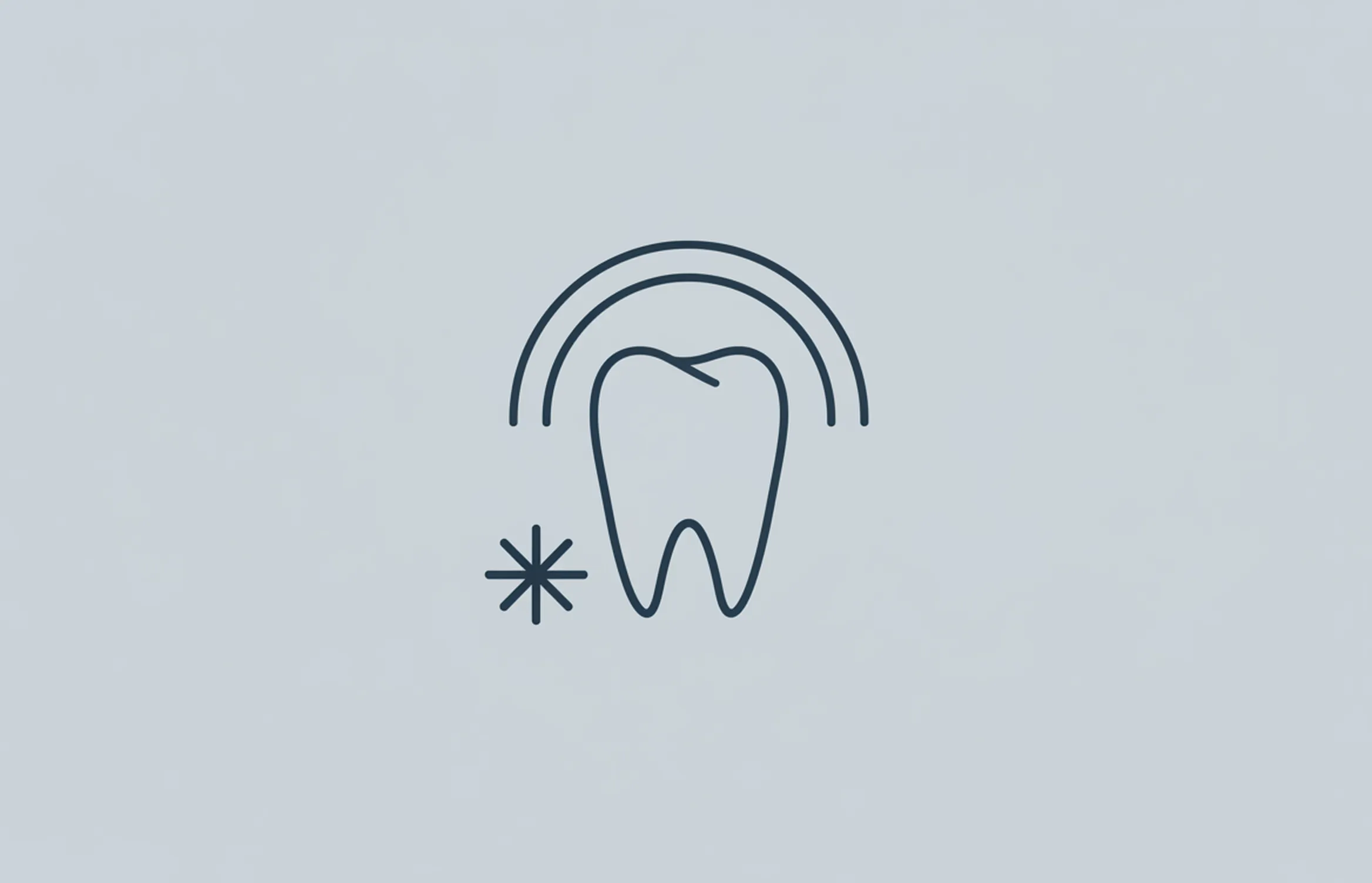Hydrogen peroxide is a common chemical found around the home in the form of a weak acidic solution (normally approximately 3 per cent by volume). It also happens to be a whitening agent for teeth when used by itself or in conjunction with other compounds such as baking soda.
If you are like many, you may be wondering how to use hydrogen peroxide for teeth whitening and if it is safe. These are two understandable questions and in order to understand the answers, let's take a closer look at how this compound works.
A Bleaching Agent
We should first be clear that hydrogen peroxide will not physically remove stains and plaque from your teeth. It will merely "bleach" them so that they are no longer as pronounced. This has to do with the chemical reactions which take place between the surface of the teeth and the peroxide. Now that we understand why this liquid is sometimes used, let us take a look at some of the most basic procedures.
At the Office or at Home?
Many professional dental clinics will use either hydrogen peroxide or carbamide peroxide gel to whiten your teeth. However, these tend to be at rather strong concentrations (sometimes as high as 25 per cent). The gel is placed upon the surface of your teeth before it is safely rinsed away after a certain amount of time. Of course, the results are more noticeable with these professional formulas.
The other option is to utilise household hydrogen peroxide in a similar manner but with the help of a toothbrush. It is best to mix common peroxide with an equal part of baking soda. The baking soda serves two purposes. First, it acts as a mild abrasive to scrub away the surface stains. Secondly, baking soda (sodium bicarbonate) is a basic mixture. It will react with the acidic nature of the hydrogen peroxide and help to protect the tooth enamel from any unintentional damage.
This mixture should be applied to a toothbrush and then you should perform your normal cleaning routine. After this is completed, use normal toothpaste to brush your teeth again. This helps to remove any hydrogen peroxide that has been left behind.
Results and Cautions
It will take some time (a few months) to notice whiter teeth using this method. A trip to the dentist's office can obviously produce results within a quicker time frame. Having said this, a word of caution should be issued here. There are some who believe that swishing hydrogen peroxide in your mouth is a substitute for brushing. This should never be performed, as you risk damaging your gums and the inner lining of your cheeks. Avoid using any solutions that contain more than 5 per cent hydrogen peroxide by volume.
Finally, make certain to visit your dentist before trying such a remedy at home. If you have existing cavities, the hydrogen peroxide can actually corrode them further. Keeping this advice in mind may very well lead to a whiter and brighter smile!
Sources and References
-
[1]
Safety issues of tooth whitening using peroxide-based materialsBritish Dental Journalhttps://pubmed.ncbi.nlm.nih.gov/23846062/
-
[2]
Effectiveness and Safety of Over-the-Counter Tooth-Whitening Agents Compared to Hydrogen Peroxide In VitroInternational Journal of Molecular Scienceshttps://pmc.ncbi.nlm.nih.gov/articles/PMC9915942/
-
[3]
The laboratory and clinical safety evaluation of a dentifrice containing hydrogen peroxide and baking sodaJournal of Clinical Dentistryhttps://pubmed.ncbi.nlm.nih.gov/1339125/
-
[4]
Hydrogen peroxide tooth-whitening (bleaching) products: review of adverse effects and safety issuesJournal of the American Dental Associationhttps://pubmed.ncbi.nlm.nih.gov/16607324/
-
[5]
Teeth whitening with 6% hydrogen peroxide and its impact on quality of life: 2 years of follow-upJournal of Applied Oral Sciencehttps://pubmed.ncbi.nlm.nih.gov/29961213/
All sources accessed and verified on . Medical information reviewed for accuracy and compliance with current guidelines.
Related Articles

A Guide to Laser Teeth Whitening
Comprehensive information about laser teeth whitening including benefits, procedure details, costs, and effectiveness of this professional cosmetic dental treatment

Choosing the Best Whitening Mouthwash
Complete guide to selecting effective whitening mouthwash including hydrogen peroxide safety, efficacy research, key ingredients, and what to look for in whitening mouthrinse products

Do Whitening Strips Work?
Evidence-based guide to teeth whitening strips effectiveness including clinical trial results, comparison with professional treatments, safety profile, tooth sensitivity rates, and how to achieve optimal results

Does Teeth Whitening Work?
Comprehensive guide to teeth whitening effectiveness, clinical evidence comparing hydrogen peroxide vs carbamide peroxide, sensitivity rates (43-80%, 100% with 35% in-office), whitening methods (professional, at-home, strips, toothpaste achieving 1-2 shades), LED light efficacy, and safety outcomes

How to Whiten Teeth with Braces
Guide to teeth whitening options during orthodontic treatment, including in-office treatments, at-home whitening kits, and whitening toothpastes

How Long Does It Take For Baking Soda To Whiten Teeth?
A guide to using baking soda for teeth whitening at home, including methods, timeframes, safety considerations, and effectiveness

How Much Does KoR Teeth Whitening Cost?
Comprehensive guide to KoR Whitening system including mechanism, custom trays, peroxide gel refrigeration, desensitizing agents, pros and cons, typical costs (£450-£700), and comparison with alternative whitening systems

Natural Ways to Whiten Your Teeth
Explore natural teeth whitening methods including brushing, coconut oil pulling, baking soda with peroxide, and their effectiveness based on scientific evidence

Teeth Whitening Cost and Information
Comprehensive guide to professional and at-home teeth whitening options, comparing costs (£10-£1500), effectiveness, safety, and treatment methods including laser whitening, bleaching gels, and whitening strips

Zoom Teeth Whitening Costs & Reviews
Professional Light-Activated Whitening Analysis (15-78% Experience Sensitivity, Conflicting Efficacy Evidence)
About The Dental Guide
The Dental Guide is a trusted online resource providing evidence-based information about dental health, treatments, and procedures. Our content is created and reviewed by qualified dental professionals to help you make informed decisions about your oral health.
Our Mission
- Evidence-based dental information
- Expert-reviewed content
- Clear, accessible explanations
- Latest treatment options
- Patient-focused guidance
Editorial Standards
- GDC-registered dental professionals
- Peer-reviewed sources
- Regular content updates
- Medical accuracy verification
- Transparent authorship
Important Notice
The information on The Dental Guide is for educational purposes only and should not replace professional dental advice. Always consult with a qualified dentist for diagnosis and treatment recommendations tailored to your individual needs and circumstances.
Medically Reviewed
Reviewed by Dr. Nasim Mechoui , BDS (Bristol)
Share this article
Comments & Discussion
Have questions about dental implants? Share your thoughts or experiences.
